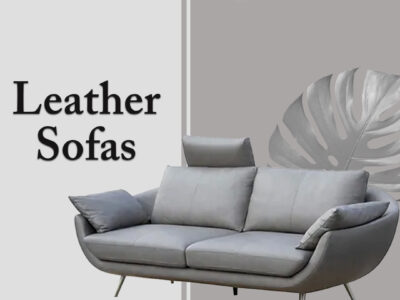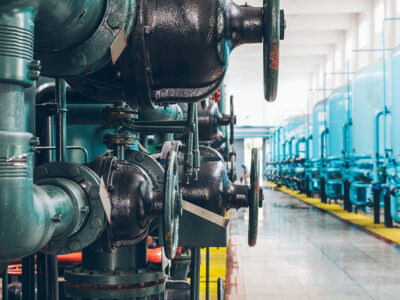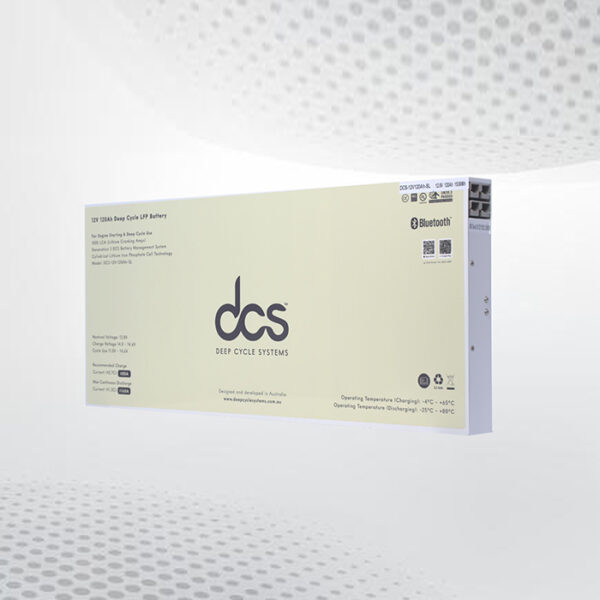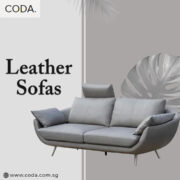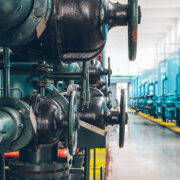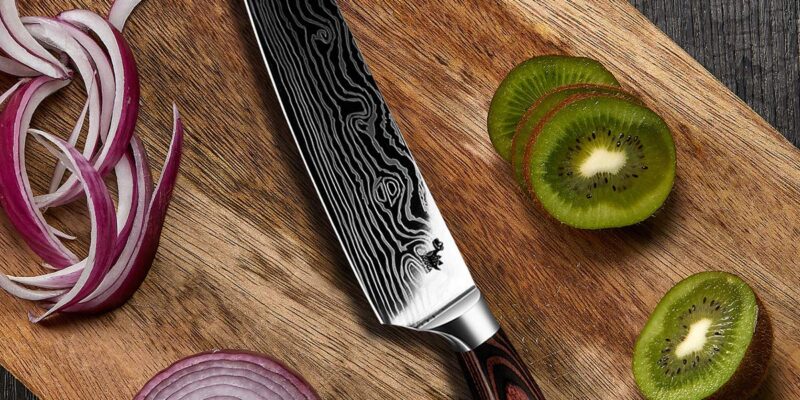
When it comes to premium kitchen tools, Damascus knives often stand out for their stunning beauty and exceptional performance. However, these exquisite knives come with a higher price tag compared to other types of kitchen knives. This article explores the reasons behind the cost of Damascus knives, focusing on their unique characteristics, the intricate process of making them, and why investing in a Damascus chef knife from Canadian knife makers is worth every penny.
The Unique Characteristics of Damascus Knives
1. Distinctive Patterns
One of the most striking features of a Damascus knife is its unique pattern. These patterns, often described as wavy, watery, or woodgrain-like, are the result of the intricate process of layering different types of steel. Each blade is a work of art, with no two patterns exactly alike, making every Damascus knife unique.
2. Exceptional Sharpness
Damascus knives are renowned for their sharpness. The forging process creates a blade that can be honed to a razor-sharp edge, making it ideal for precision cutting tasks. This exceptional sharpness is a key reason why professional chefs and cooking enthusiasts prefer Damascus knives.
3. Durability and Strength
The layering of different steels in a Damascus blade results in a knife that is both strong and flexible. This combination of properties ensures that the blade can withstand heavy use without chipping or breaking, offering long-lasting performance.
The Intricate Process of Making Damascus Knives
The creation of Damascus knives is a meticulous and labor-intensive process that involves several steps, each contributing to the final product’s quality and price.
1. Selecting and Layering Steel
Crafting a Damascus knife begins with selecting high-quality steel. Typically, a combination of hard and soft steels is used to create the blade. The steels are layered together, often in counts ranging from hundreds to thousands, to achieve the desired strength and flexibility.
2. Forging and Folding
The layered steel is then heated to a high temperature and repeatedly hammered and folded. This forging process helps to remove impurities and aligns the steel’s grain structure, enhancing the blade’s durability. The repeated folding and hammering are crucial in developing the unique patterns characteristic of Damascus steel.
3. Twisting and Pattern Creation
For certain styles of Damascus, like twist Damascus, the billet (a block of layered steel) is twisted to create complex patterns. The number and direction of twists, as well as the method of folding, can be varied to produce different designs, adding to the knife’s uniqueness.
4. Shaping and Grinding
Once the desired pattern is achieved, the steel is forged into the shape of a knife. This involves additional hammering and precise shaping to form the blade. The blade is then ground to create a sharp edge, a process requiring considerable skill to ensure the knife performs optimally.
5. Heat Treatment
The blade undergoes a heat treatment process, which involves heating it to a specific temperature and then cooling it rapidly. This process hardens the steel, increasing its strength and edge retention capabilities.
6. Polishing and Finishing
Finally, the blade is polished to enhance its appearance and reveal the intricate Damascus pattern. The handle, often made from premium materials such as exotic woods, bone, or high-quality synthetics, is attached to complete the knife.
Why Damascus Knives Are Expensive
1. Labor-Intensive Craftsmanship
The creation of a Damascus knife is highly labor-intensive, requiring significant time and skill. Each step of the process, from layering and forging to grinding and polishing, demands precision and expertise. This craftsmanship contributes significantly to the knife’s cost.
2. Quality Materials
High-quality Damascus knives are made from premium materials, both in the steel used for the blade and the materials chosen for the handle. These materials are more expensive, but they ensure the knife’s performance and longevity.
3. Unique Patterns and Aesthetic Appeal
The unique patterns of Damascus knives are not just for show; they are a result of the complex forging process. The artistry involved in creating these patterns adds to the knife’s value, as each blade is a unique piece of functional art.
4. Durability and Performance
The combination of hard and soft steels in a Damascus blade results in a knife that is both exceptionally sharp and highly durable. This means that Damascus knives often outlast other types of knives, providing long-term value for the investment.
Canadian Knife Makers: A Tradition of Excellence
Canada is home to several renowned knife makers who specialize in crafting high-quality Damascus knives. Here’s why you should consider a Damascus chef knife from Canadian knife makers:
1. Expert Craftsmanship
Canadian knife makers are known for their exceptional craftsmanship. Artisans like those at Knifewear, North Arm Knives, and Grohmann Knives have honed their skills over years of practice, producing knives that meet the highest standards of quality and performance.
2. Innovative Techniques
While they respect traditional methods, Canadian knife makers also incorporate modern techniques and technologies to enhance their products. This blend of old and new results in knives that offer the best of both worlds – traditional beauty and modern performance.
3. Sustainable Practices
Many Canadian knife makers prioritize sustainable practices, sourcing materials responsibly and minimizing their environmental impact. This commitment to sustainability adds an ethical dimension to your purchase.
4. Customization Options
Canadian knife makers often offer customization options, allowing you to create a knife that meets your specific needs and preferences. Whether it’s selecting a particular handle material or adding personalized engravings, customization adds value and personal significance to your knife.
Investing in a Damascus Chef Knife: The Long-Term Value
1. Enhanced Cooking Experience
A high-quality Damascus chef knife can significantly enhance your cooking experience. Its sharpness, balance, and ergonomic design make cutting tasks easier and more enjoyable, whether you’re a professional chef or a home cook.
2. Longevity
Investing in a Damascus knife means you’re getting a tool that will last for years, if not decades. With proper care and maintenance, these knives retain their sharpness and performance, offering long-term value.
3. Aesthetic Pleasure
The unique beauty of a Damascus knife adds an element of aesthetic pleasure to your kitchen. Displaying such a knife is a testament to your appreciation for fine craftsmanship and functional art.
4. Resale Value
High-quality Damascus knives can appreciate in value over time, especially those from renowned makers. As they become rarer, their value can increase, making them not just a tool but also a collectible item.
Conclusion: Worth Every Penny
The price of a Damascus knife reflects the labor-intensive process, quality materials, and expert craftsmanship that go into making each blade. Canadian knife makers, with their dedication to excellence and innovation, produce some of the finest Damascus knives available. Whether for their exceptional performance, unique beauty, or long-term value, investing in a Damascus chef knife is a decision that you won’t regret. So, the next time you’re considering a new addition to your kitchen or knife collection, remember that a Damascus knife from Canada is not just a purchase, but an investment in quality, artistry, and enduring performance.
